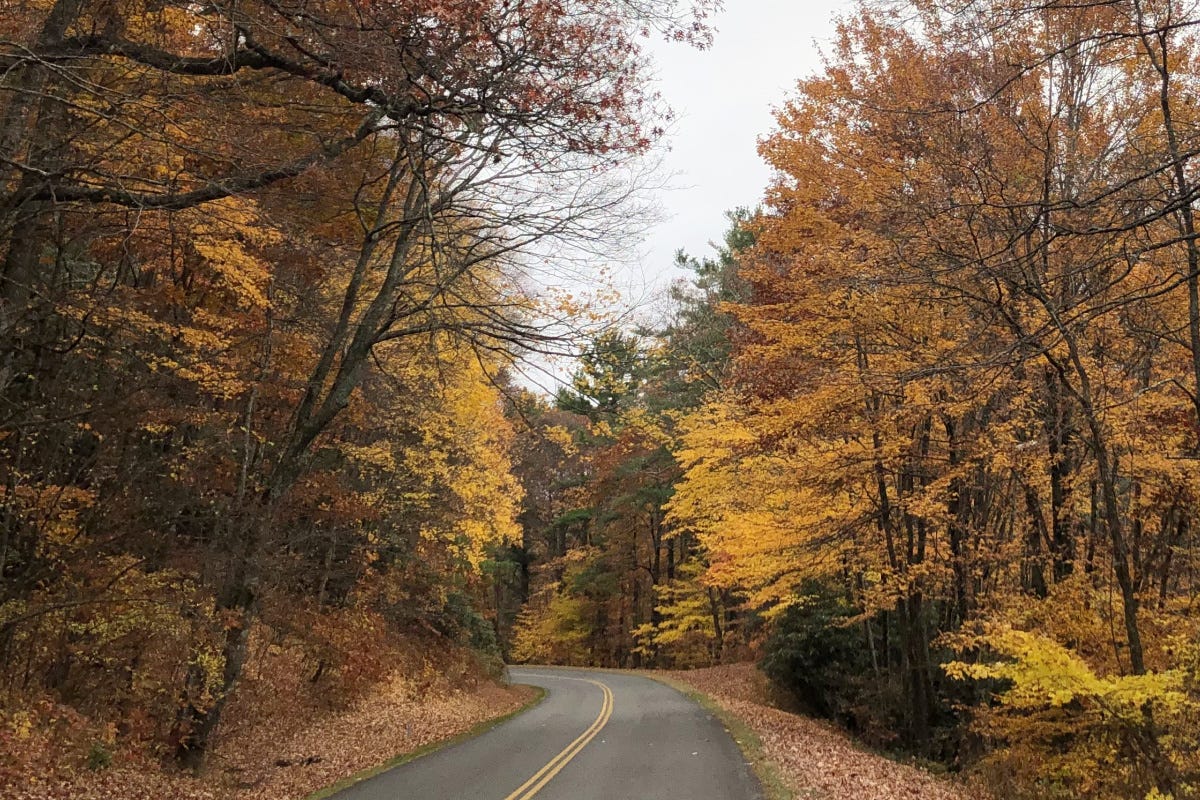The month of October has generally been a season of celebrating the changing colors of the trees, complete with everything pumpkin and spice. But in recent years, I’ve noticed a different kind of change.
Front yards are turned into fake graveyards with plastic tombstones. Shredded cotton covers the bushes to look like cobwebs. And pseudo skeletons hang from trees. One neighbor even sets up a fake guillotine with red liquid dripping from its “blade” and a basket beneath to imply its holding the contents of such executions.
Every year it seems the stores add more and more aisles to offer a growing plethora of Halloween decor. Orange and black is everywhere. But it’s more than the decorations I find concerning. It’s the way our culture is stylizing death as entertainment.
Keep reading with a 7-day free trial
Subscribe to Denise J. Hughes to keep reading this post and get 7 days of free access to the full post archives.




